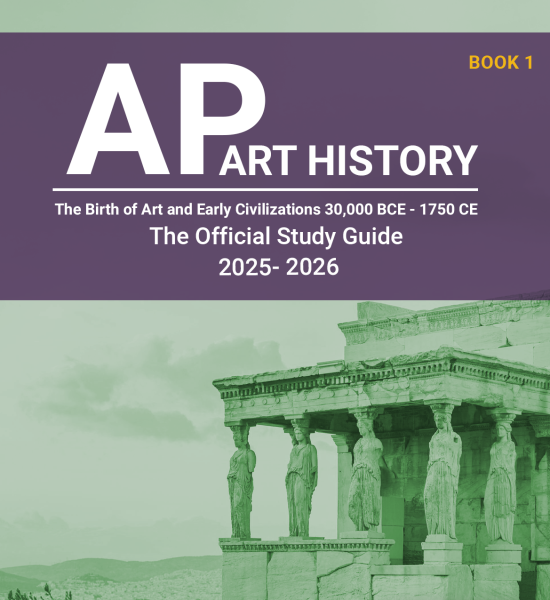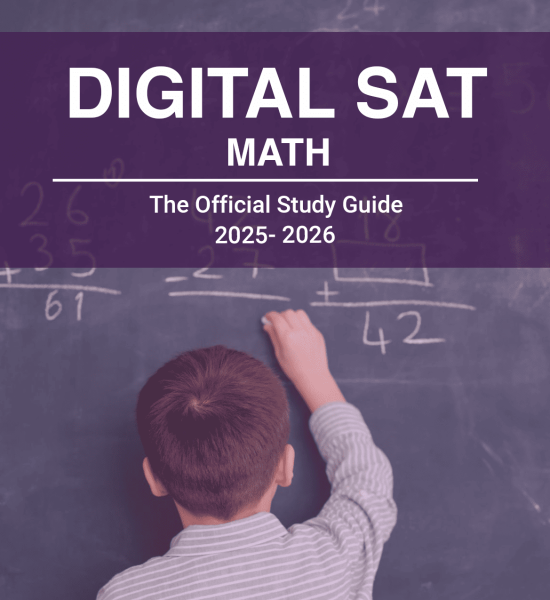PHYSICS: MECHANICS

Physics: Mechanics is a fundamental branch of physics that explores the motion and behavior of objects in the universe. It serves as a cornerstone for understanding the physical world, laying the groundwork for more advanced studies in physics and engineering. Mechanics encompasses classical mechanics, which deals with macroscopic objects moving at speeds much slower than the speed of light.
One of the key concepts in mechanics is Newtonian mechanics, formulated by Sir Isaac Newton in the 17th century. Newton’s three laws of motion form the foundation of classical mechanics, explaining the relationship between the motion of an object and the forces acting upon it. These laws are indispensable for comprehending the dynamics of everyday objects, from the fall of an apple to the trajectory of a projectile.
The study of mechanics extends to various subfields, including kinematics, dynamics, and statics. Kinematics focuses on describing the motion of objects without considering the forces causing that motion. Dynamics, on the other hand, explores the forces and torques that influence motion. Statics deals with objects in equilibrium, where there is no net force or torque acting on them.
Mechanics is not confined to theoretical principles; it has practical applications in numerous areas. Engineers, for instance, employ mechanics to design structures, machines, and vehicles. Understanding the behavior of materials under stress and strain is crucial for constructing safe and efficient structures. Additionally, mechanics plays a pivotal role in celestial mechanics, aiding astronomers in predicting the orbits of planets and satellites.
Advanced topics in mechanics delve into special relativity and quantum mechanics, broadening the scope of understanding to include high-speed motion and the behavior of particles on the quantum scale. Nevertheless, a solid grasp of classical mechanics is indispensable for any student aspiring to delve into these advanced realms.
In summary, Physics: Mechanics serves as the cornerstone of classical physics, providing a comprehensive framework to understand the motion of objects and the forces acting upon them. Its principles are essential for both theoretical and practical applications, making it a fundamental and indispensable field of study for anyone venturing into the realm of physics or engineering.
Here is The Course : PHYSICS: MECHANICS
Course Features
- Lectures 8
- Quizzes 4
- Duration 50 hours
- Skill level Intermediate
- Language English
- Students 69
- Assessments Yes
- 1 Section
- 8 Lessons
- 16 Weeks
- Mechanics12
- 2.1Physical Quantities
- 2.2One dimensional motion
- 2.3Kinematic Equations
- 2.4Quiz 183 Minutes10 Questions
- 2.5Vectors in two dimensions
- 2.6Projectile Motion
- 2.7Quiz 2100 Minutes5 Questions
- 2.8Dynamics
- 2.9Quiz 3100 Minutes8 Questions
- 2.10Work and Energy
- 2.11Linear Momentum and Collisions
- 2.12Quiz 410 Minutes0 Questions










